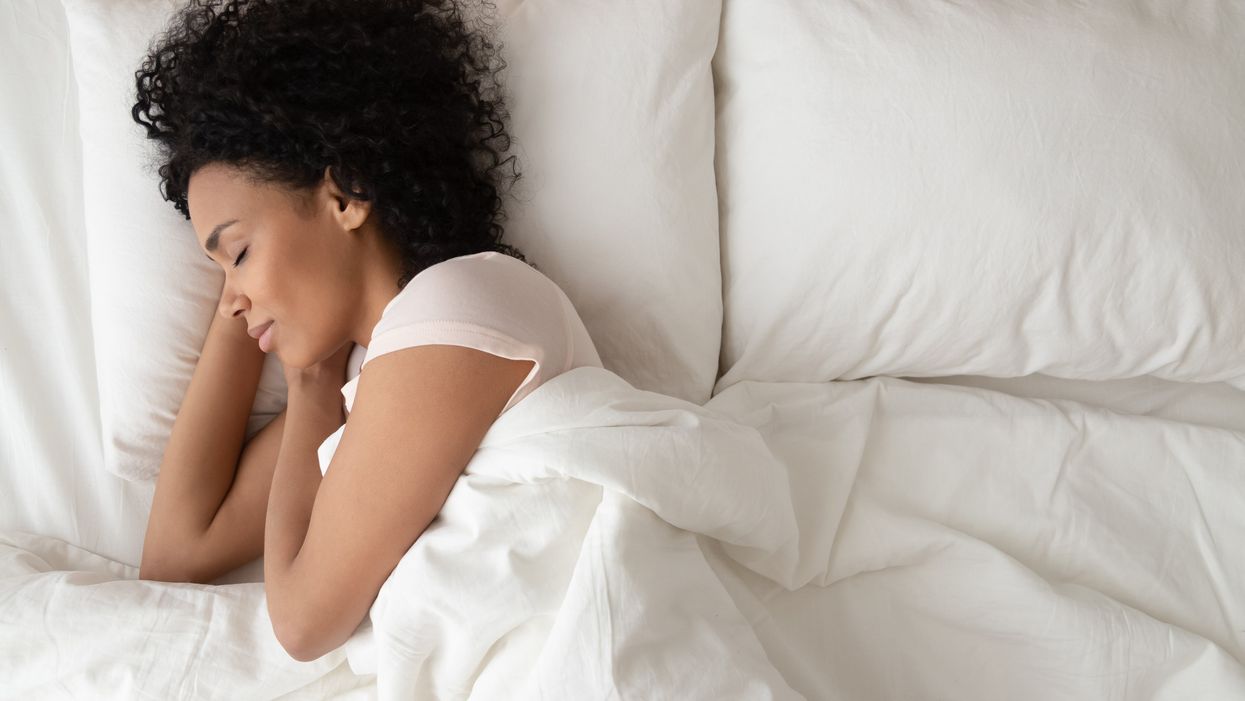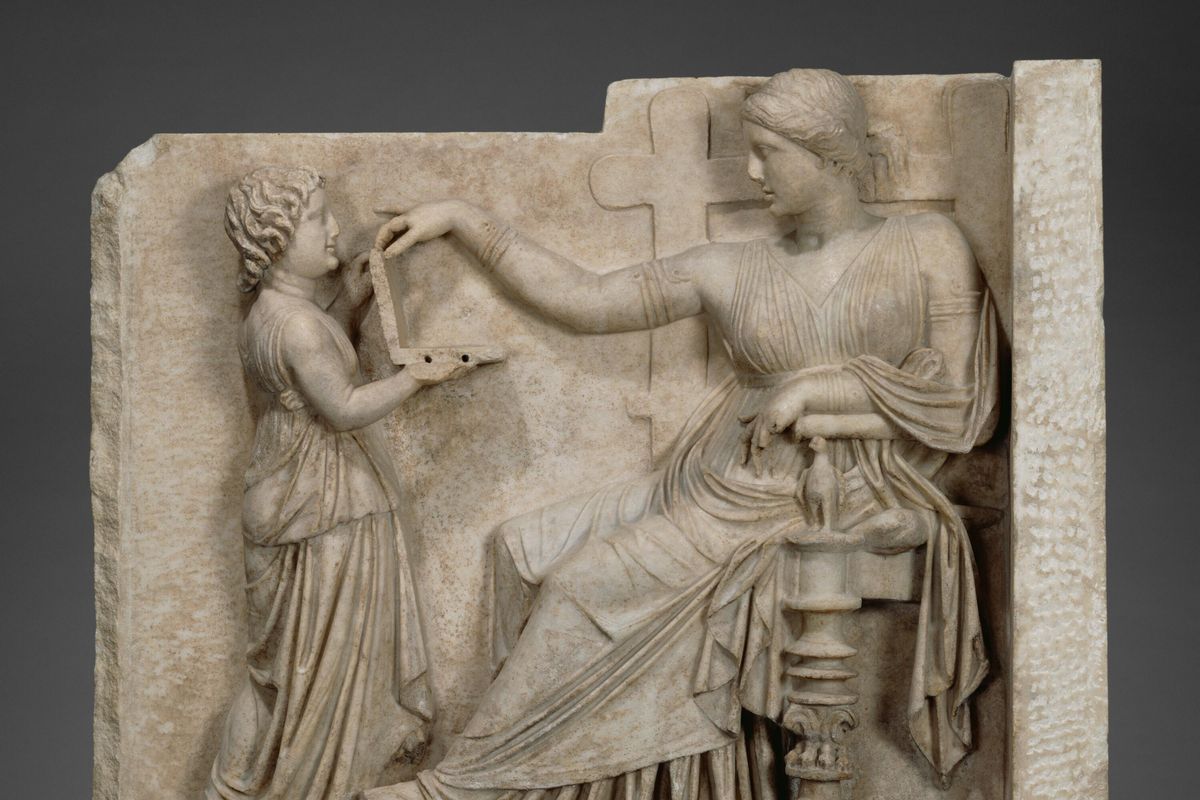
Unconscious wakefulness makes our bodies more alert to fear and stress
At some point in time, many of us have woken up in the middle night and have no recollection of doing it.
But did you know that a sleep habit increases women’s chances of passing away earlier in life?
It’s called unconscious wakefulness, or “cortical arousal.”
Unconscious wakefulness can occur when a noise or other external factors disrupts our sleep. As a result, our bodies become alert to fears and stress.
In a study from April published in the European Heart Journal, researchers state that unconscious wakefulness occurs “spontaneously or are elicited by sleep-disordered breathing (SDB) and periodic limb movements during sleep.” Examples of this include pain, temperature, light, and traffic.
Within the study, researchers uncovered the parallels between unconscious wakefulness and increased risk of death from cardiovascular diseases and “blood vessels,” mainly in women.
What causes unconscious wakefulness?
According to researcher and associate professor and Domink Linz, Ph.D, of the cardiology department at Maastricht University Medical Center in The Netherlands, sleep disorders can play a part.
A common trigger for nocturnal arousals is obstructive sleep apnoea when breathing stops and the arousal system ensures the activation of our body changes our sleep position and to reopen the upper airway,” Dr Linz explained in the study.
Other factors known as air pollutants can cause arousals such as “aircraft noise” at night.
Why are women affected more?
As the study focused on a total of 8,000 men and women, researchers noted that women are without a doubt significantly affected by unconscious wakefulness. For men, it’s a bit unclear.
Furthermore, the study noticed that women who experienced unconscious wakefulness for more extended time frames doubled the chances of women “dying from cardiovascular disease” during “6 and 11 years’ follow-up” compared to the general population of females.
How do I know if I’ve experienced unconscious wakefulness?
A significant sign is how tired and fatigued you are the following day.
Dr Linz also noted that people “might become consciously aware of the environment, but often that is not the case. Typically, people will feel exhausted and tired in the morning because of their sleep fragmentation but will not be aware of the individual arousals.”
How can I prevent unconscious wakefulness?
If you do happen to suffer from sleep apnea, Healthline states that treatments such as a CPAP mask are “a nonsurgical treatment that provides a steady flow of air to the lungs through the nose,” despite some people expressing discomfort.
There are also some home remedies, such as living a healthier lifestyle to lose weight if obese. If weight is in the upper part of the body, it can cause airway obstruction and “narrow nasal passages.”
Additionally, earplugs and other noise cancellers, humidifiers with added essential oils are great options as well for ample sleep.
For more information on the study, visit the link here.













